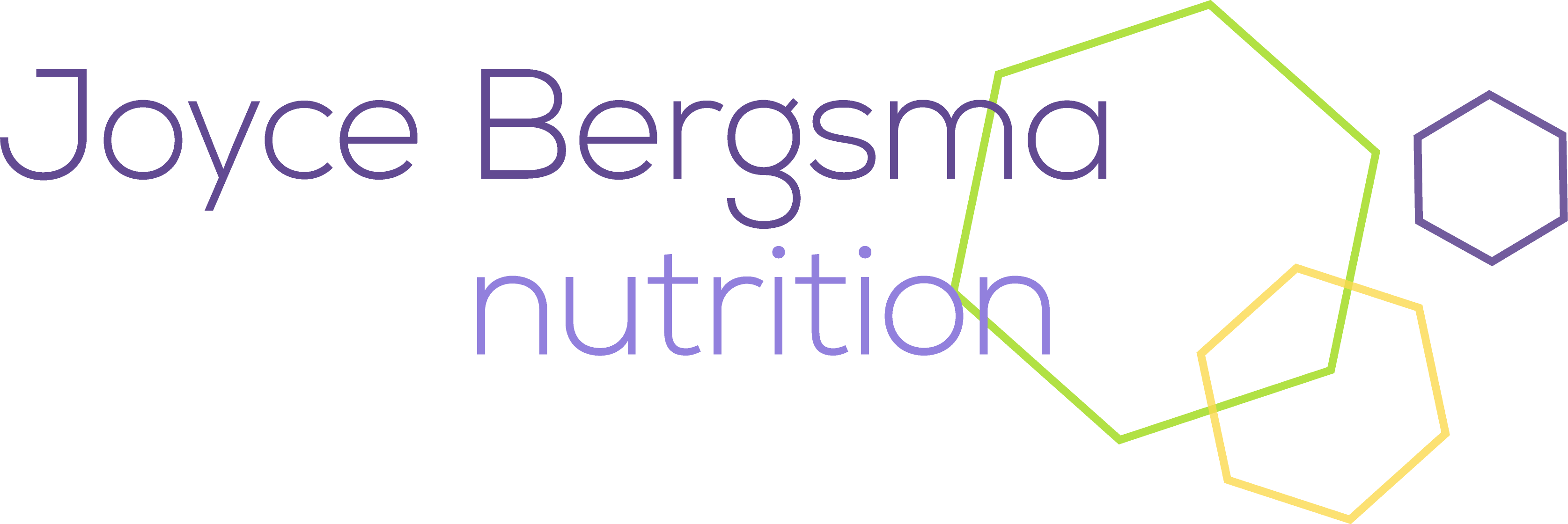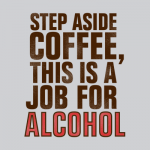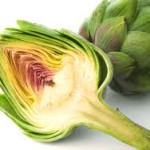
After a summer of too much Dutch cheese and indulging, I noticed that my skin wasn’t as clear as it normally is and my digestion wasn’t where I wanted it to be. So I decided to embark on a detox.
What is a detox?
What does a detox mean to you? We often hear about ‘doing a detox’ in January, following our Christmas and New Year indulgences. We think about drinking lots of water and herbal teas and maybe some of us have experimented with the odd cabbage soup diet, but mostly we think about it as abstaining from alcohol.
A detox diet is much more than that and it doesn’t mean that you need to go hungry.
Your liver plays a key role
The liver is the main organ for detoxification; everything we digest and absorb from our diets and through our skin will go into the blood stream and be filtered by the liver. To do this, the liver needs certain nutrients to perform this function. If the diet doesn’t include enough of these nutrients then it may not perform as well as it should. Additionally, when there is an excess of toxins entering the body the liver may become overloaded. The easiest way to find out what your liver detoxification capacity is you arrange a test through a practitioner.
Some symptoms of an overloaded liver may include*:
- Skin problems such as dermatitis, eczema, acne, premature ageing
- Digestive issues that may include bad breath, indigestion, bloating, nausea, IBS, constipation and diarrhoea or symptoms of poorly digested fats
- Fluid retention due to poorly processed proteins
- Poor immunity with frequent colds and flu symptoms or hard to kick infections
*note that these symptoms may also be due to other health problems and you should always consult a professional nutritional therapist or doctor
What is the best approach when trying to detox? How long should we do a detox?
A detox doesn’t need to happen for a long time, especially when you are taking in all the right nutrients. Try for a week and a half and see how you feel. If you feel better after a detox then try to incorporate more of these things into your lifestyle.
We are all aware that we need to give up alcohol during a detox, but the important thing is to relieve the liver from a constant influx of anti-nutrients or toxins. The second thing is to add nutrients that help the liver function optimally. Some quick examples are below:
ANTI-NUTRIENTS and TOXINS
Caffeine, alcohol, wheat (some are more sensitive than others, but try this and see how you feel), dairy and unhealthy fats (trans- and hydrogenated fats).
GOOD LIVER NUTRIENTS and SUPPORT
Water, vitamins B- and C-rich foods (dark green leafy veg), mineral- and healthy fat-rich seeds, foods with sulphur in them (shallots, garlic, onions, leeks), antioxidant foods (dark berries, citrus and yellow-orange foods) and supplements (good multi-vitamin and minerals have 5-15mg zinc, 100mg magnesium), omega oils (3 and 6 or EPA, DHA and GLA), 1000mg vitamin C and or bioflavonoids
A Nutritional Therapist can explain these things to you in detail and support you in your detox, which can be done at any time of year!



